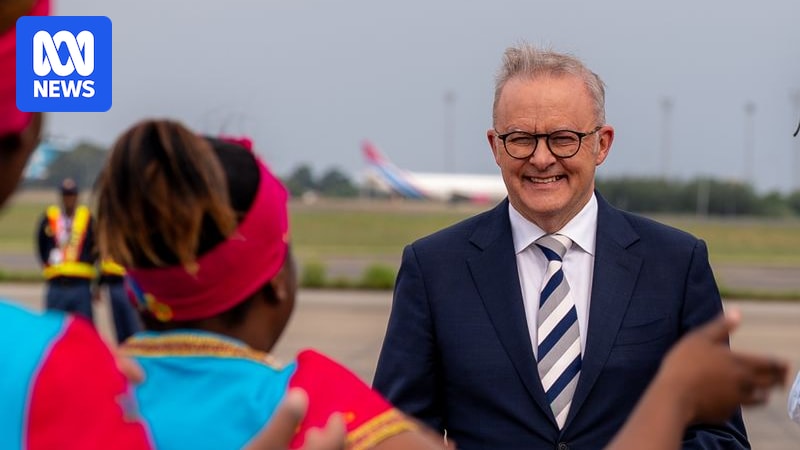
Medicare figures quietly published online have revealed that bulk-billing rates have stagnated, remaining unchanged from a year ago despite significant financial investments into the scheme. The bulk-billing rates are currently at 77.6 percent, mirroring the data from the previous year for the quarter from July to September. Meanwhile, the total number of GP services has decreased by approximately 10,000 per day compared to the same period last year, and the average out-of-pocket cost for patients has increased by about $4, reaching $50.49.
These revelations come at a time when the Australian government is under pressure to demonstrate effective healthcare reforms. The stagnation in bulk-billing rates raises questions about the allocation and impact of the billions of dollars funneled into Medicare. Health policy experts suggest that without structural changes, financial injections alone may not suffice to improve service accessibility and affordability.
Political Turmoil and Brand Challenges
In a separate development, Alex Hawke addressed the resignation of New South Wales Liberal Leader Mark Speakman, who stepped down citing “brand damage” from the federal Liberals since the May election. Hawke acknowledged that the Liberal party faces “brand issues” nationwide but emphasized that voters can differentiate between state and federal party dynamics. “People are very good here in New South Wales at distinguishing between the state and federal issues,” Hawke stated, highlighting the resilience of the party’s image at the state level.
Hawke also criticized the government’s transparency regarding the CSIRO’s decision to cut up to 350 jobs, demanding clarity on which divisions are affected. He pointed out the importance of retaining scientists and researchers in Australia’s premier science institution, while acknowledging past funding cuts during the Coalition’s tenure.
Environmental Legislation and Political Negotiations
Opposition Leader Sussan Ley has indicated a potential openness to passing the government’s overhaul of environmental protection legislation, contingent on certain amendments. The Coalition seeks clearer definitions of “unacceptable impact” and “net gain,” as well as a reassessment of penalties for environmental law breaches. Ley emphasized the need for laws that balance business interests with environmental protection.
Greens Leader Larissa Waters criticized the government’s current environmental bill as a “huge backwards step,” urging for reforms that genuinely protect nature. Waters highlighted the influence of coal and gas companies on the legislative process and called for laws that end native forest logging and consider climate impacts.
International Diplomacy at the G20 Summit
Prime Minister Anthony Albanese has arrived in Johannesburg for the G20 summit, marking a significant diplomatic engagement as world leaders convene on African soil for the first time. The summit, however, is overshadowed by the absence of US President Donald Trump, whose boycott stems from debunked claims regarding South African President Cyril Ramaphosa’s governance.
Amid the G20 proceedings, Albanese is set to meet with European Union President Ursula von der Leyen, with speculation surrounding the potential finalization of a long-awaited free trade deal with the EU. This meeting underscores Australia’s strategic economic interests, particularly as one in four Australian jobs is linked to trade.
In a gesture of historical recognition, Albanese plans to honor three Australians—former prime ministers Malcolm Fraser and Bob Hawke, and diplomat Bruce Haigh—for their roles in opposing apartheid in South Africa. Their contributions, including boycotting South Africa’s all-white sports teams, were pivotal in drawing international attention to the injustices of racial segregation.
As the G20 summit progresses, Australia’s diplomatic efforts and domestic political challenges reflect the complex interplay of health, environmental, and economic policies shaping the nation’s future. The outcomes of these discussions and negotiations will have lasting implications for Australia’s global standing and internal governance.






